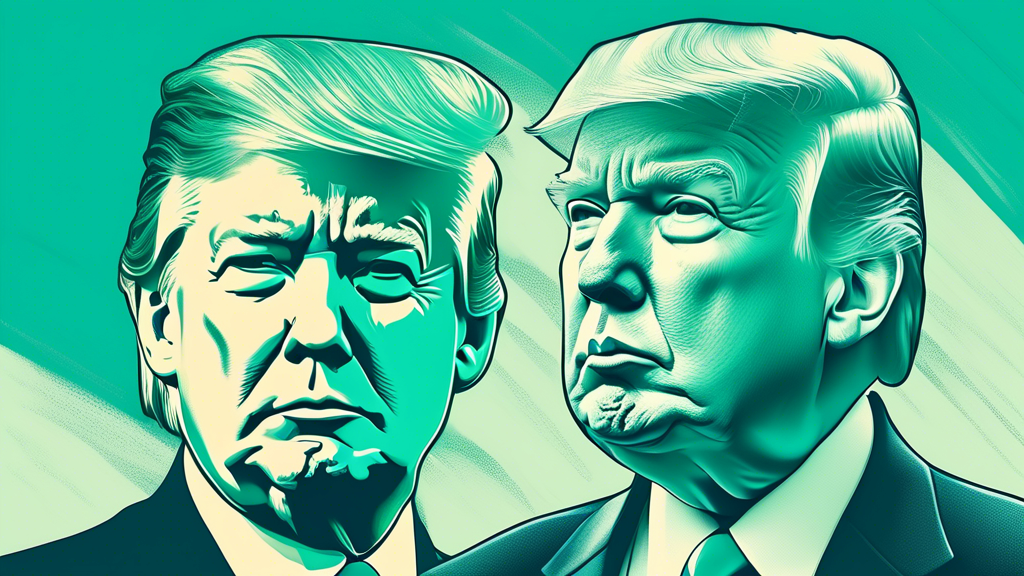

As the 2024 U.S. presidential election approaches, immigration remains a pivotal issue, drawing clear lines between the policies proposed by key figures like Donald Trump and Kamala Harris. Each has articulated distinct approaches that underscore their broader political philosophies and strategies aimed at addressing the complex immigration challenges faced by the United States.
Trump’s Hardline Approach
Donald Trump’s stance on immigration is characterized by strict enforcement measures, aiming to significantly curb unlawful immigration. A centerpiece of his plan includes conducting what he promises to be the largest deportation effort in American history, targeting millions of undocumented immigrants through intensified workplace raids and potentially utilizing the U.S. military. This builds on his previous administration’s practices and signifies a renewed commitment to hardline tactics.
An integral component of Trump’s strategy is the expansion of the border wall along the U.S.-Mexico border, a project that was prominently featured in his first term. His policies also emphasize reinstating controversial measures such as the Migrant Protection Protocols and the travel ban affecting Muslim-majority countries. Furthermore, Trump has proposed the deployment of federal troops to manage border security and suggested ending birthright citizenship, signaling a foundational shift in immigration laws should he be re-elected.
Harris’s Humanitarian Perspective
In contrast, Kamala Harris has championed a more holistic approach to immigration. Rather than focusing solely on enforcement, her strategy aims to address the root causes of migration by collaborating with nations such as Guatemala. This involves improving local economic and security conditions to diminish the incentives that drive individuals to migrate to the United States.
Her policies prioritize humanitarian and economic solutions over mass deportations. Harris has advocated for comprehensive border security enhancements that integrate technological advancements and sophisticated surveillance measures. Her approach underscores a belief in resolving immigration challenges through international cooperation and pragmatic policy reform, aiming to create a more sustainable and ethical framework for managing immigration.
Broader Voter Concerns
The differences in Trump and Harris’s immigration policies reflect broader voter concerns heading into the election. While immigration remains a top issue, it follows closely behind other significant priorities such as the economy and protecting democracy. This underscores the shifting landscape of public concern driven by recent immigration trends and enforcement policies.
Ultimately, these starkly divergent approaches will likely resonate differently among various voter demographics, shaping the discourse and policy debates as the presidential race intensifies. As both candidates continue to present their visions for the future of immigration in America, their proposals will play a defining role in attracting voter support and determining the nation’s direction in handling this complex issue.